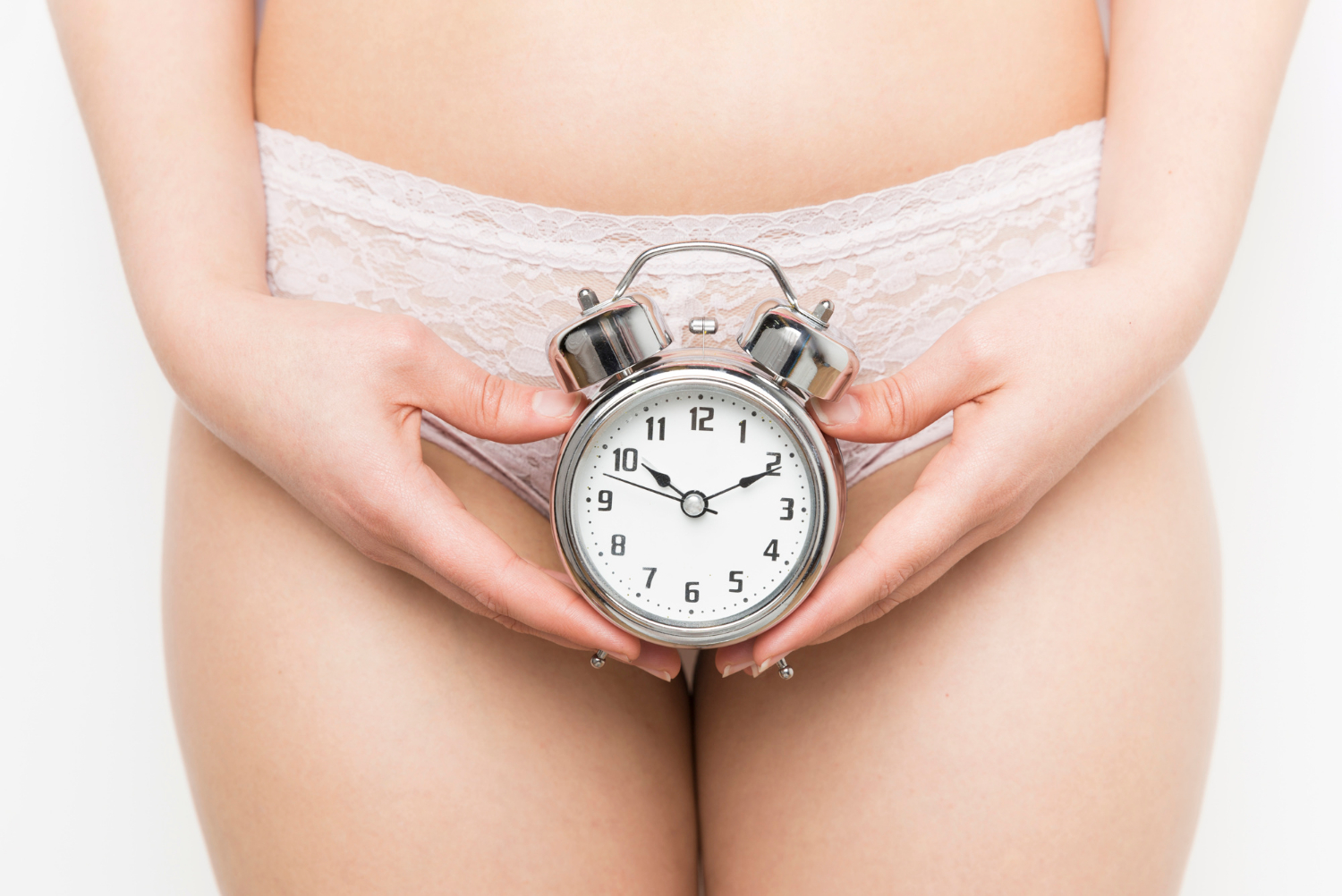Achieving long-term bladder health is crucial for your overall well-being. Your bladder plays a vital role in your daily life, and when it’s not functioning well, it can affect everything from your comfort to your confidence. But don’t worry—there are effective, practical steps you can take to ensure your bladder stays healthy for years to come.
Contents
Understanding Your Bladder
Your bladder is more than just a storage bag for urine. It’s a complex organ that helps regulate bodily functions, maintains fluid balance, and contributes to your quality of life. When your bladder is healthy, you’re less likely to experience discomfort, urgency, or incontinence. So, prioritizing your bladder health isn’t just smart; it’s essential.
Why Bladder Health Matters
Bladder issues can impact your social life, emotional well-being, and even your physical health. From frequent bathroom trips to discomfort during urination, these challenges can be both annoying and embarrassing. Understanding how to care for your bladder can empower you to live a more fulfilling life. Let’s dive into the seven secrets that can help you achieve long-term bladder health.
1. Stay Hydrated, but Wisely
Hydration is key. Drinking plenty of water helps dilute your urine, reducing the risk of irritation. However, it’s essential to balance your intake. Overdoing it can lead to frequent bathroom trips. Aim for about 6-8 cups of water daily, adjusting based on your activity level and climate.
- Tip: Consider using a water bottle with measurement markings to keep track of your intake throughout the day.
2. Choose Your Foods Wisely
What you eat has a direct impact on your bladder health. Certain foods can irritate your bladder, while others can soothe it.
Foods to Avoid:
- Caffeine: Found in coffee, tea, and many sodas, caffeine can irritate the bladder.
- Spicy Foods: These can cause discomfort for some individuals.
- Artificial Sweeteners: They can also lead to irritation.
Foods to Embrace:
- Fruits and Vegetables: These are hydrating and rich in antioxidants.
- Whole Grains: Promote overall digestive health, which supports bladder function.
- Lean Proteins: Help maintain muscle tone in the bladder.
3. Maintain a Healthy Weight
Your weight can significantly impact your bladder health. Excess weight puts pressure on your bladder, which can lead to issues like incontinence.
Steps to Achieve a Healthy Weight:
- Regular Exercise: Aim for at least 150 minutes of moderate aerobic activity each week. Activities like walking, swimming, or cycling can help.
- Balanced Diet: Focus on whole foods, reducing processed options.
4. Strengthen Your Pelvic Floor
Your pelvic floor muscles support your bladder, and strengthening them can enhance bladder control.
Exercises to Consider:
- Kegel Exercises: These simple exercises can be done anywhere. Just tighten and release the muscles you use to stop urination.
- Pilates or Yoga: Both can improve pelvic strength and flexibility.
How to Perform Kegel Exercises:
- Identify the right muscles: Try to stop urination mid-stream to locate them.
- Squeeze the muscles for 3 seconds, then relax for 3 seconds.
- Gradually increase to 10 seconds of squeezing and relaxing.
5. Limit Bladder Irritants
Certain habits can lead to bladder irritation. Identifying and reducing these irritants is essential for long-term health.
Common Irritants:
- Alcohol: It can increase urgency and decrease bladder control.
- Smoking: It affects circulation and can lead to various bladder issues.
Tip: Keep a bladder diary to track what you eat and drink, along with any symptoms you experience. This can help pinpoint irritants.
6. Regular Check-Ups
Don’t underestimate the power of preventive care. Regular check-ups with your healthcare provider can help catch potential issues early.
What to Discuss with Your Doctor:
- Any changes in urination patterns
- Symptoms like pain or discomfort
- Family history of bladder issues
Importance of Screenings:
Routine screenings can help identify conditions like urinary tract infections (UTIs) or more serious issues. Early intervention is key to managing your health effectively.
7. Manage Stress
Believe it or not, stress can impact your bladder health. Stress can lead to muscle tension, which can affect bladder function. Finding ways to manage stress is crucial.
Stress-Relief Techniques:
- Mindfulness and Meditation: Both can help you relax and reduce tension.
- Physical Activity: Exercise is a natural stress reliever.
Creating a Stress-Relief Routine:
- Set aside time daily for activities you enjoy.
- Practice deep breathing or yoga.
Bottom Line
Achieving long-term bladder health isn’t rocket science, but it does require intention. By staying hydrated, choosing the right foods, maintaining a healthy weight, strengthening your pelvic floor, limiting irritants, keeping up with regular check-ups, and managing stress, you can take charge of your bladder health.
You deserve to live your life without the worry of bladder issues. Start implementing these secrets today, and feel the difference in your comfort and confidence.
FAQs
1. How much water should I drink daily?
Aim for 6-8 cups, adjusting for activity and climate.
2. Can stress really affect my bladder?
Absolutely! Stress can lead to muscle tension and affect bladder function.
3. What are Kegel exercises?
These exercises strengthen pelvic floor muscles, improving bladder control.
Want to take the next step toward better bladder health? Start small, stay consistent, and watch your life transform!








